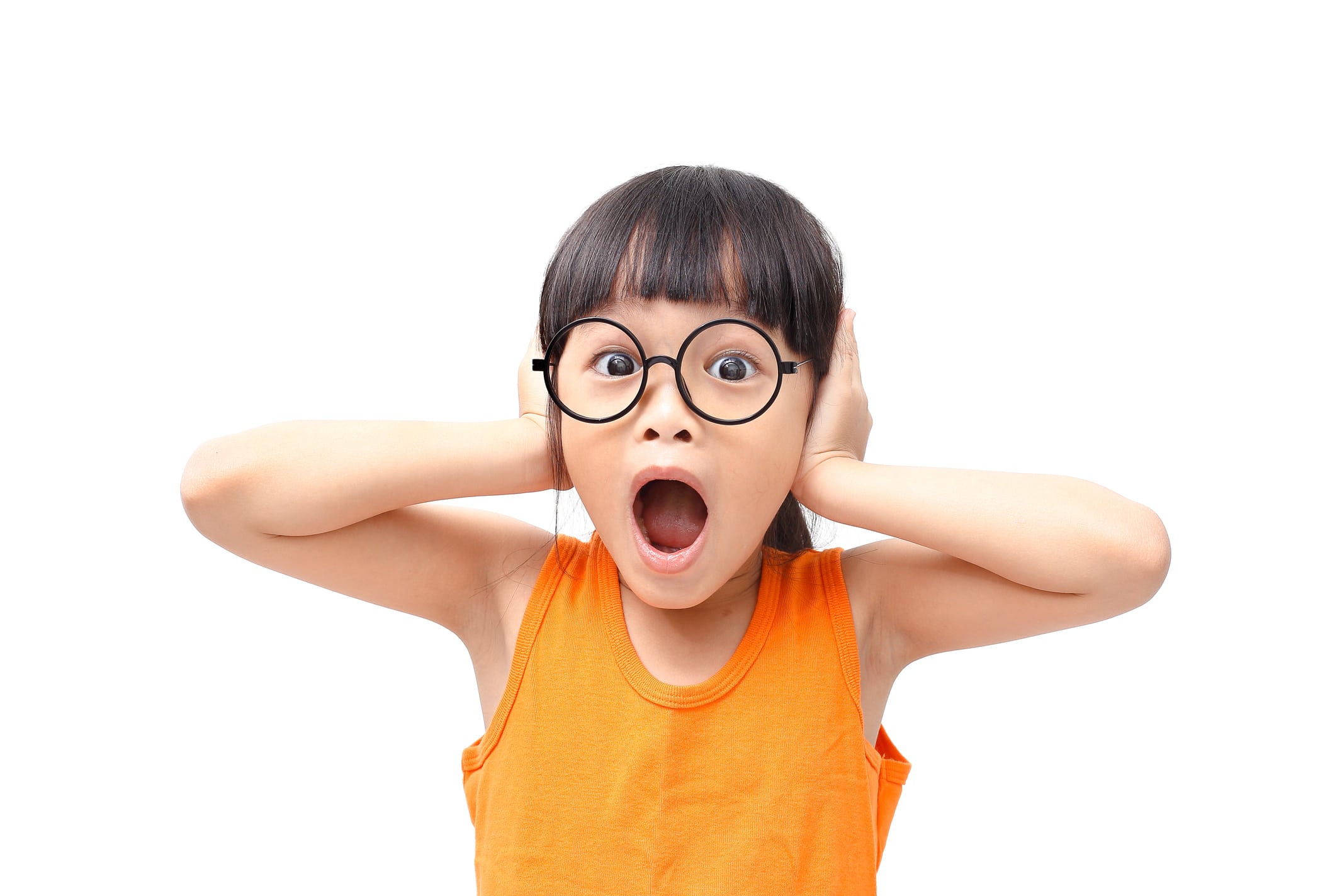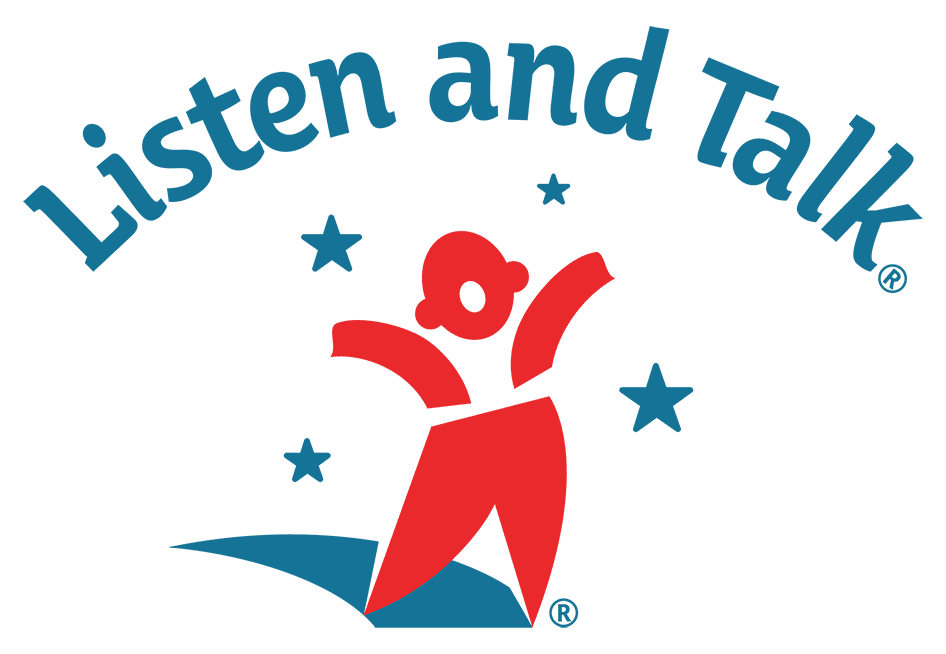
All the NOISE, NOISE, NOISE, NOISE!
Since October is National Protect Your Hearing Month, it seems like our due diligence as an organization to bring up ways that our families and friends can preserve their hearing in this exciting, sonically rich world that we live in. Most of us are well aware of the potential damaging effects of noises that are too loud on our ability to hear. This effect can happen immediately or have compounding effects as you are exposed to loud sounds over time. In addition to a loss of hearing sensitivity, there are a multitude of other reasons to protect your hearing that you should be aware of. Fortunately, you are not at the mercy of the noise, there are plenty of ways that you can take action and protect yourself against noise induced hearing loss. Although the holidays are a couple months away, my mind turns to the Grinch when it comes to the topic of noise exposure as he exhibits some classic auditory and non-auditory symptoms of someone who has been subjected to loud sounds in excess of what might be considered healthy.
The Grinch explicitly states that there is one thing he hates: “All the NOISE, NOISE, NOISE, NOISE” that is made by the happy, lively celebrations of the ‘Whos’ down in ‘Whoville’. Apparently, he does have some loud sounds in his proximity. He exhibits a great deal of irritability, perhaps sleep disturbance (based on his haggard appearance), myocardial anomalies (heart that is 2 sizes too small), and self-imposed social isolation (a hallmark symptom of untreated hearing impairment). All of these things are indicative of irreversible damage that can be caused by loud sound or, specifically in this case, raucous “Whoville” holiday celebrations.
Maybe you aren’t quite experiencing the same symptoms as the Grinch, and hopefully your noise exposure isn’t entirely involuntary or something that you consider to be unpleasant. All pithy comparisons aside, perhaps you elect to be a ‘12th man’, a Sounders fan, a hunter, someone with a noisy occupation, or an avid concert attendee at any of the numerous venues in the area. Regardless of your noise of choice, it is important to check in with yourself and think about its potential life long impact, and to make sure you are armed with the knowledge and tools that you need to protect your ears for a lifetime of healthy hearing.
How Do We Know When Sound is TOO Loud?
Part of the difficulty in knowing which sounds are too loud is being able to equate a loudness level to a sound that is familiar. For the sake of making this comparison a bit easier, below is a guide that features commonly encountered sounds with their corresponding average loudness levels, and at which point you may start to experience discomfort or pain:
Your intuition is usually spot on when it comes to knowing whether or not a sound is too loud or not. If you find the loudness uncomfortable or annoying, it usually is at a level that can cause damage. For a more objective way to look at loudness levels, there are plenty of helpful apps for both android and iOS operating systems to guide you toward an appropriate action to take.
See these links for free Sound Level Meter Apps for your operating system:
Apple iOS: https://www.cdc.gov/niosh/topics/noise/app.html
Android: https://play.google.com/store/apps/details?id=kr.sira.sound
Another component that needs to be considered in addition to loudness, is the length of time that you will be exposed to that level of sound. The louder the sound is, the less time you can spend listening before irreversible damage can take place. For each 3 dB increase in sound level, you will need to cut your exposure time in half. See the chart below for a reference of exposure times:

Now that we have a handle on the impact of noise and how to evaluate our noise environments, the next step is to find a way to manage the noise that both effective and fits your lifestyle and preferences. In our next blog post, we will discuss ways that you can lessen or mitigate the effects of dangerous sound levels to keep your hearing as healthy as possible.
If you have any questions or would like additional information about monitoring your exposure to noise in environments that you are in contact ashleym@listentalk.org.



